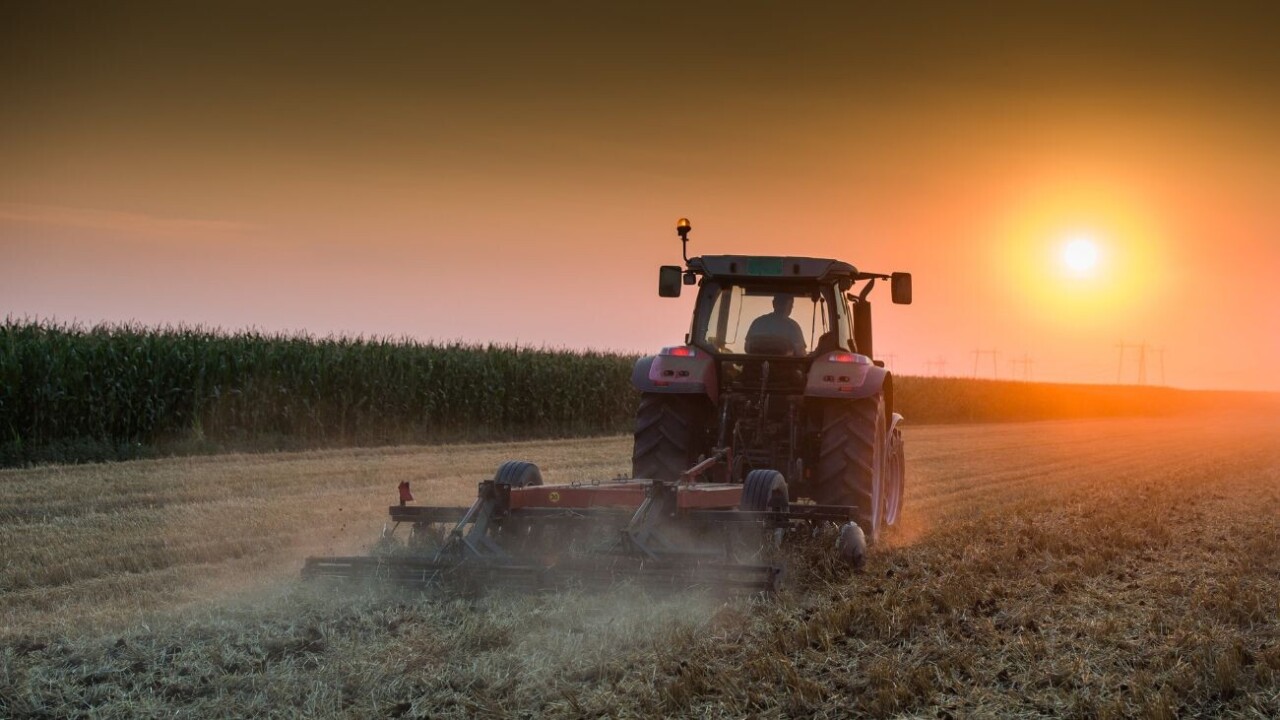
Climate tech startup Silicate is set to undertake the first trial of its enhanced weathering technology, which aims to remove C02 permanently from the atmosphere and lock it in the world’s oceans for tens of thousands of years.
The trial will involve spreading 500 tonnes of crushed, waste concrete onto 50 hectares (equivalent to 120 football fields) of farmland near Chicago, US. Over the course of a year, the milled concrete will break down in the soil and begin a process called enhanced weathering.
As you might recall from high school geography class, chemical weathering is a natural process that erodes rocks over millions of years by slowly dissolving them into bicarbonate. This form of carbon then gets washed into rivers and then the sea, where it is either stored in dissolved form or locked into the seabed.
Enhanced weathering simply accelerates this process. It involves pulverising silicate rocks into powder, to give it a higher reactive surface area, and then spreading this dust on farmland. However, instead of using rocks, the team at Silicate applies used concrete — the world’s single largest waste stream.
The Irish startup buys the returned concrete from producers, processes it, and then supplies and spreads it on agricultural land — free of charge. Silicate measures how much carbon has been sequestered and then sells carbon removal credits to large corporates to help them reduce their footprint.
“We believe our approach of using returned concrete to improve both the productivity and the carbon removal potential of farmland could be game-changing, as it is low-cost, it is safe to apply to agricultural land, and it uses an abundant material that is easy to source,” said Maurice Bryson, Silicate CEO and co-founder.
For this trial alone, Silicate estimates that it will be able to remove up to 100 tonnes of carbon dioxide permanently from the atmosphere. Applying this material as a soil pH amendment also offers other benefits including improved soil health and crop productivity.
The trial is being funded by prize money awarded to Silicate under the THRIVE/Shell Climate-Smart Agriculture Challenge. Shell is also providing LI-COR soil gas flux measurement devices, which will be used to monitor the fields for the full one-year duration of the testing.
The purpose of the pilot will be to analyse how the material functions as an enhanced weathering feedstock in the American Midwest, where the soil conditions are different to those in Silicate’s native Ireland, where several tests have already shown “huge promise,” said the startup.
Depending on the results of the US trial, Silicate would then look to expand operations across Illinois and the Midwest in time for the next liming season in autumn each year.
It estimates the potential carbon removal capacity of its technology to be 50-100 million tonnes of CO2 per year in the American Midwest alone. For comparison, a typical passenger vehicle emits about 4.6 tonnes of CO2 annually.
Get the TNW newsletter
Get the most important tech news in your inbox each week.





